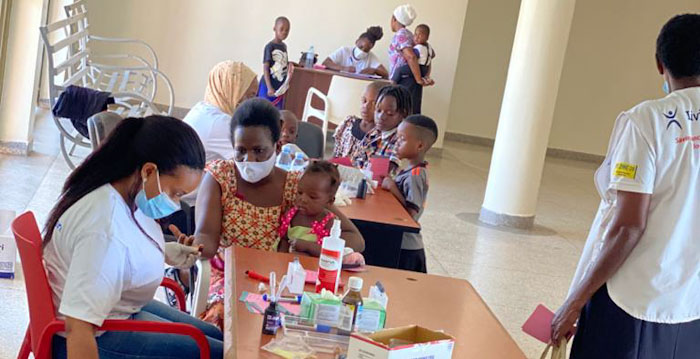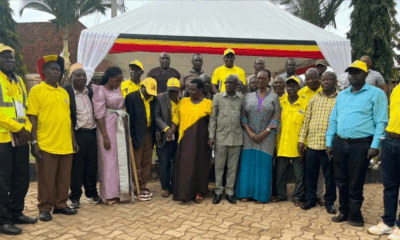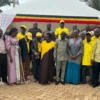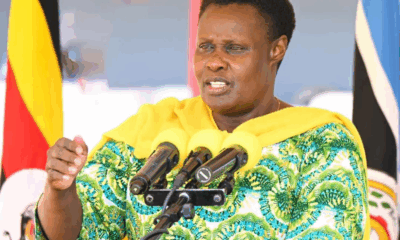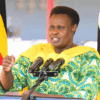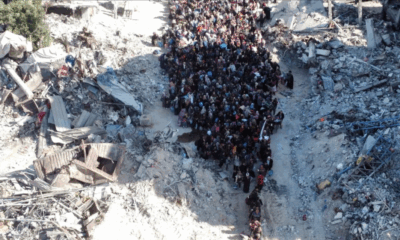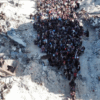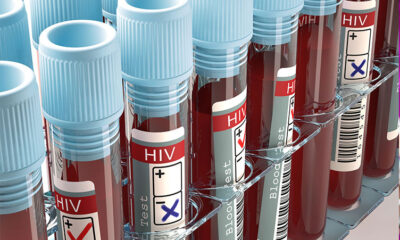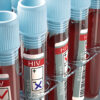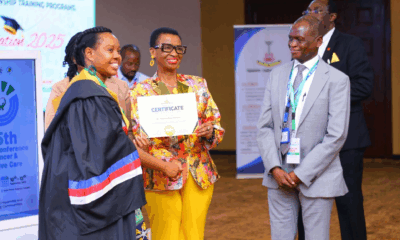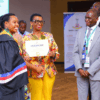Health
Cost of testing kits frustrates sickle cell screening, gov’t told
Lack of screening centres for sickle cell disease coupled with ignorance among the community have been identified as some of the factors failing efforts to have the public embrace early testing as a measure to eliminate the sickle cell disease in the country.
Leaders of Civil Society Organizations in involved in efforts to combat the disease, suggest that for effective management of sickle cell condition, the Government ought to work towards reducing the cost of sickle cell screening in order to make testing for the condition affordable for all Ugandans.
In an interview with The Sunrise Newspaper at the opening a Sickle Cell Clinic at Rotary Hospital in Ngandu Mukono district, Isaac Okello the Executive Director Raising Hope International, said the cost of testing kits stands at UGX25000 per kit, a prohibitive cost for most Ugandans to screen for the condition.
Okello reveals, that as a civil society organization working closely with the media, they intend to scale up sickle cell awareness efforts in addition to opening up sickle cell clinics as a way of managing the problem. This is all aimed at controlling the sickle cell disease among Ugandans.
“There over 30,000 children who are born annually with the sickle cell in Uganda, 80% of these children die before the age of 5 and we have learnt that this has been brought about by a couple of reasons including late diagnosis, failure to get pneumococcal and Meningococcal vaccination, that has made many children to die before the age of 5”-Okello.
Okello adds that sickle cells alone contributes up to 15% of Child mortality and mobility in Uganda.
Northern Uganda has the highest prevalence of Sickle cell trait with up 18.6%, of the population carrying the condition. It is followed by the East and Central regions with a sickle cell prevalence of 16.7%.
Okello says that given the gravity of the problem, there is urgent need to make sickle cell screening in both public and private hospitals affordable and accessible for Ugandans especially for those who intend to get married as an avenue to stopping sickle cell.
The reason why people are not accessing screening services, is because the screening kits are not available and talking about availability of kits refers to procurement, getting these kits available for everyone to benefit from.
“As an organization we would have loved to have everybody screened and to have counseling activities like you see HIV/AIDS organizations are running on a daily basis but you find that for sickle cell is a little expensive.
One kit goes for above UGX25000, so you ask yourself if we are to screen 300 people that is almost 7.5 million shillings minus other logistics so you find that sickle cell is one of the expensive disease to control or advocate for but the regardless we have to keep pushing” Okello stresses.
For him, this discussion should be put on the floor of Parliament of Uganda so that it can be addressed because that is when Sickle cell management will be given attention and priority.
“If government can equip most of the health units with the kits this will be good… we need the public to know their sickle cell status”-Okello.
The other challenge is ignorance about the disease and this where the civil society groups rally the media to be partners to create public awareness about sickle cells. If the public gets to hear about screening services offered at a particular clinic then they will be able to come for the services.
Launching the clinic at Rotary Hospital in Ngandu, Okello revealed that a coordinator has been attached to the hospital to continue with the mobilization of the communities in order for the people to continue access to the sickle cell services every Friday.
And if the cost was not problematic enough, the COVID-19 pandemic, has complicated matters further, according to Okello.
He says that the pandemic has exposed sickle Cell warriors to a number of challenges, one of them being accessibility to management services at hospitals.
Okello explains that because of fear brought about from the public that if one’s immunity is compromised like for the case of a sickler, when they get covid19, their survival rate is actually zero.
Okello says this stereo type has caused many sickle cell warriors to stay home because of fear yet we just need to appreciate that covid19 is here with us we just have to take measures to live with it.
Like the problem of fear, there is that stigma related to sickle cell. This stigma must be fought by all stakeholders, everyone has to talk about it having sickle cell is not the end of life, it is not a death sentence, it is not a disability it is just a condition that is manageable.
Comments



